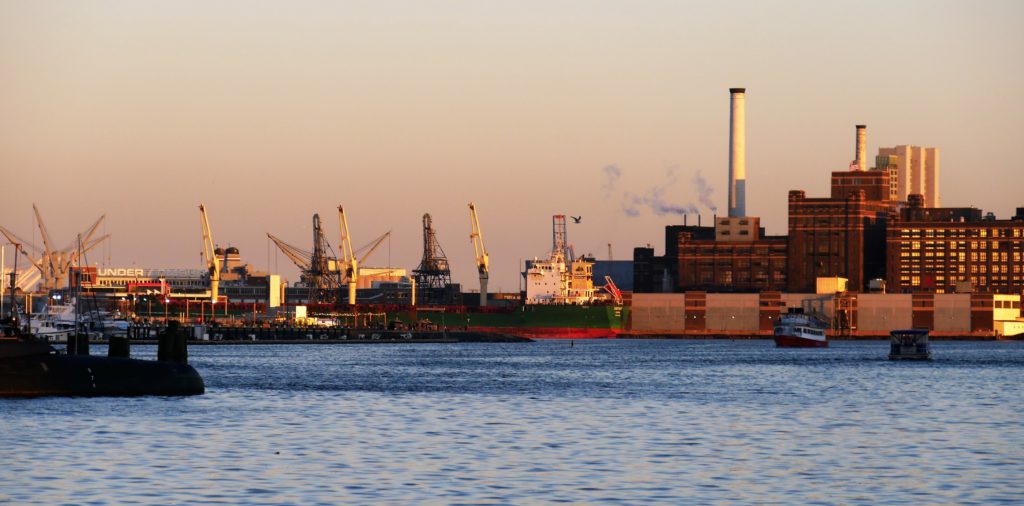Baltimore bridge collapse will likely block coal exports for weeks

The collapse of a major Baltimore bridge Tuesday is likely to shut down the port’s coal exports for as many as six weeks and block the transport of up to 2.5 million tons of coal, said Ernie Thrasher, chief executive officer of Xcoal Energy & Resources LLC.
The US exported about 74 million tons of coal last year, with Baltimore the second-largest terminal for the commodity. Plugging up a major coal hub threatens to disrupt global energy supply chains that have finally begun to work out the kinks left over from pandemic slowdowns.
“You’ll see some diversion to other ports but the other ports are pretty busy,” said Thrasher at Xcoal, a Pennsylvania coal trading firm that works with several suppliers. “There’s a limit on how much you can divert.”
Baltimore ships less than 2% of global seaborne coal so the bridge collapse will have little effect on global prices, Thrasher said. He added that the coal that moves out of Baltimore includes a lot of India-bound thermal coal, which is used for electricity generation.
“It will cause some disruption or chaos from a supply-chain standpoint,” Thrasher said. “But the big question is the impact on India more than any global impact.”
India’s annual coal demand totals more than 1 billion tons and the nation imported roughly 238 million tons of the fuel in the most recent fiscal year, of which about 6% was shipped from the US. Baltimore accounted for around 12 million tons of the imports, according to a research note from analytics firm Energy Aspects.
The Energy Aspects note also predicted marine traffic in Baltimore would be disrupted for two or three weeks at most. Some coal shipments may be temporarily rerouted to other ports including Norfolk, Virginia, the note added.
The supply disruption will affect Asian coal markets more than European markets because much of the coal exported from the port has high sulfur content and isn’t suitable for European power stations, according to a note from commodity analytics firm DBX.
Shares of companies that mine and move US coal fell Tuesday. Consol Energy Inc. saw its shares drop 6.8% and CSX Corp. shares fell 1.9%. Consol’s Marine Terminal in the area of the bridge is used to loading coal into large ocean-going ships and the terminal is served by CSX.
CSX said in a statement Tuesday that it had capacity to send more trains to the Baltimore coal terminals it serves before reaching space limits and that CSX customers should expect shipment delays. CSX is also working to identify alternatives to moving cargo through Baltimore, the statement said.
The European coal price traded slightly higher on Tuesday, up less than 1%.
(By Josh Saul)
{{ commodity.name }}
{{ post.title }}
{{ post.date }}




Comments